SUMMARY
This is AI generated summarization, which may have errors. For context, always refer to the full article.
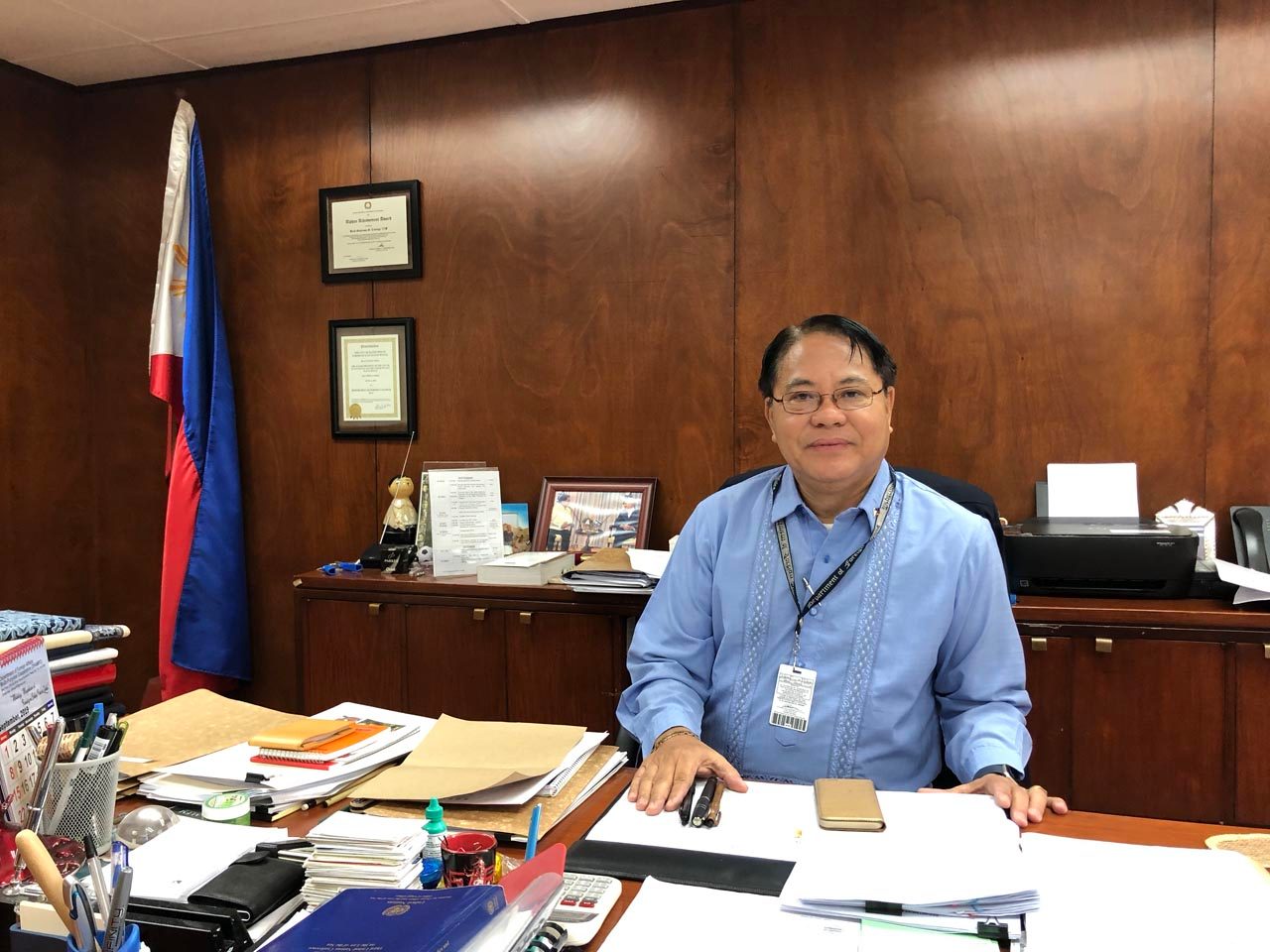
MANILA, Philippines – In a swath of land in Labason, Zamboanga del Norte, a former soldier named Generoso Calonge was just shy of 30 when he received a letter in the mail that would change the course of his life.
The letter, sent by his father, was a simple one. It contained a clipping from the Bulletin Today newspaper – now known as Manila Bulletin – advising the public that the Department of Foreign Affairs was holding examinations for its Foreign Service Institute.
Then second in command as his infantry battalion’s executive officer, Calonge remembers feeling timid as he tried to muster the courage to tell his commander about wanting to take the exams, seeking his permission before doing so.
“I thought he might laugh at me,” Calonge recalled in an interview with Rappler. “Why would I think I would qualify?”
“At that point in my life, I never knew anything but soldiering. I was a soldier. I didn’t have any other skills, I thought,” he added.
At the time, Calonge had been a soldier for 6 years after graduating from the Australian Army’s Officer Cadet School at Portsea. And while he never really entertained the idea of joining the DFA, Calonge said he was unable to shake the prospect of serving beyond his usual routine. Government troops then were fighting against former rebels of the Moro Islamic Liberation Front and before that, the Moro National Liberation Front.
“There is something inside me, I said, that wants me to take this exam,” Calonge said.
Propelled by what he desribed was a long-held interest in international affairs, foreign relations, and international law, a 28-year-old Calonge managed to string together just enough words to ask his commander for permission to file a leave and take the DFA’s exams in Manila.
“Sir, I think I have to [take this]. I have a feeling,” Calonge told his commander as he held the small clipping in his hand. Looking back on that fateful day, Calonge’s commander wished him luck and set him off on what would be a career in the foreign service now spanning over 3 decades.
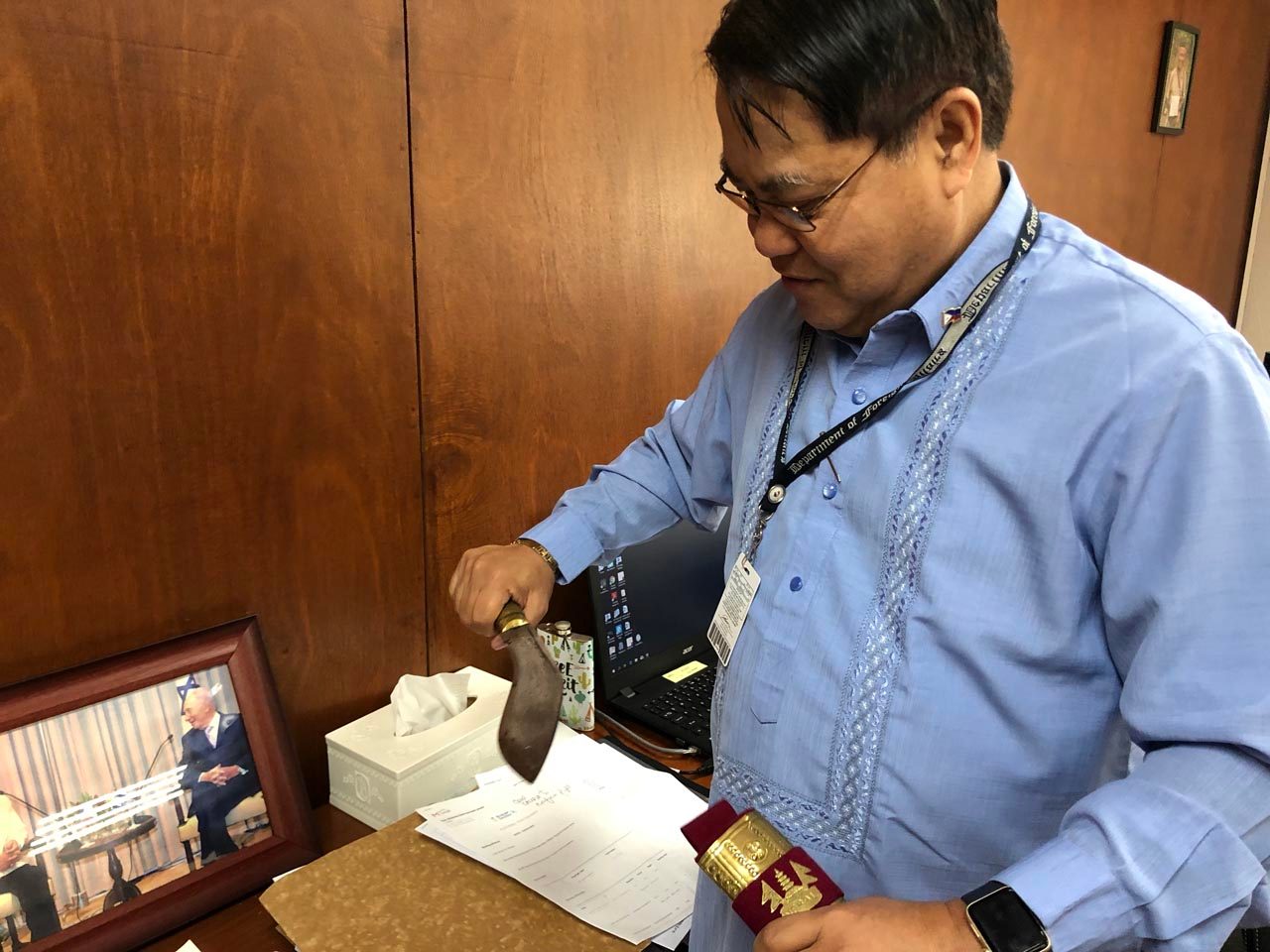
A soldier’s training
Today, one can find Calonge in the graying Department of Foreign Affairs building that is located along Roxas Boulevard, looking out into Manila Bay.
Standing about 5 feet and 7 inches tall, Calonge has a welcoming smile, warm laugh, and a kind face that remembers the legendary diplomats he looked up to: former foreign secretaries Emmanuel Pelaez and Raul Manglapus, former consul general Ernesto Pineda, and former ambassador Pablo Suarez.
Nearly 35 years of government service also meant Calonge may have very well worked in almost every floor of the historic DFA building.
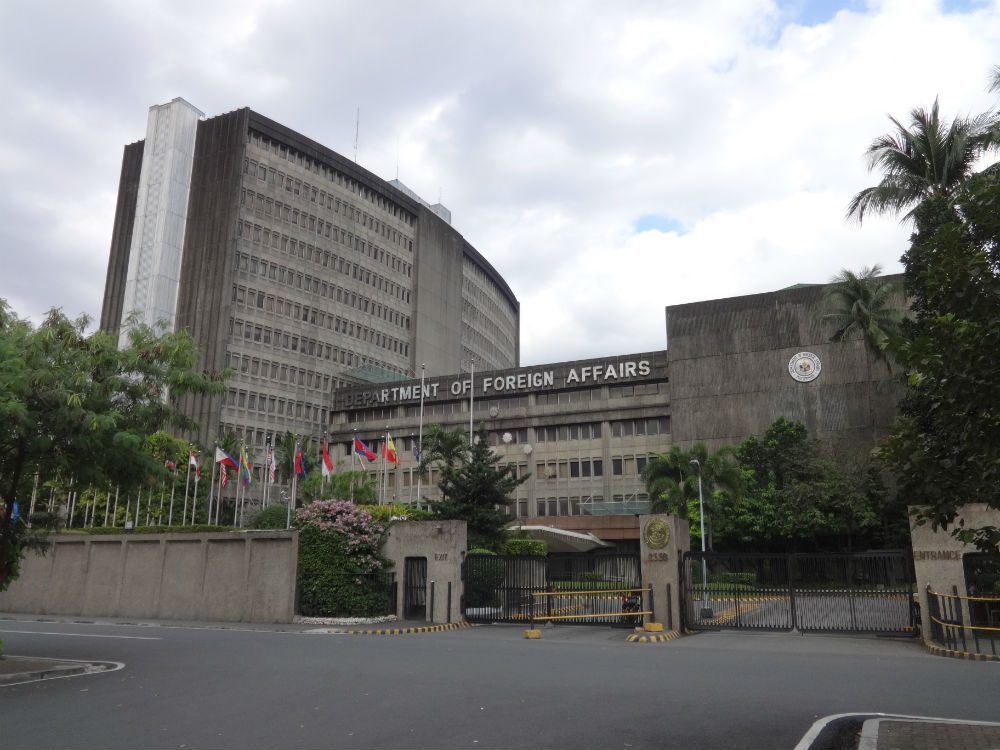
After all, he’s had various stints in offices such as the Office of the Undersecretary for Policy, Office of the Undersecretary for International Economic Relations, Office of Legal Affairs, Office of Intelligence and Security Services, and Office of Asia and Pacific Affairs, among others.
Though he no longer treads the jungles that used to frequent, it is Calonge’s past as a soldier that has, in many ways, guided and continues to equip him for service in the DFA. His training comes out in the way he speaks, uttering words like synergy, common goals, joining forces, and defending the country.
“Even if I’ve moved to the civilian world, I don’t think i can just shed off what I learned and what I did in the uniformed service. This is still a service,” Calonge said.
“If you are in uniform, there is a certain selflessness in you and I think I still have that. I think right now if I get posted abroad, if I still have that chance and if government will still send me oversees, I won’t choose where to go,” he added.
“That’s the soldier in me – to go where I’m told to go, where I’m needed.”
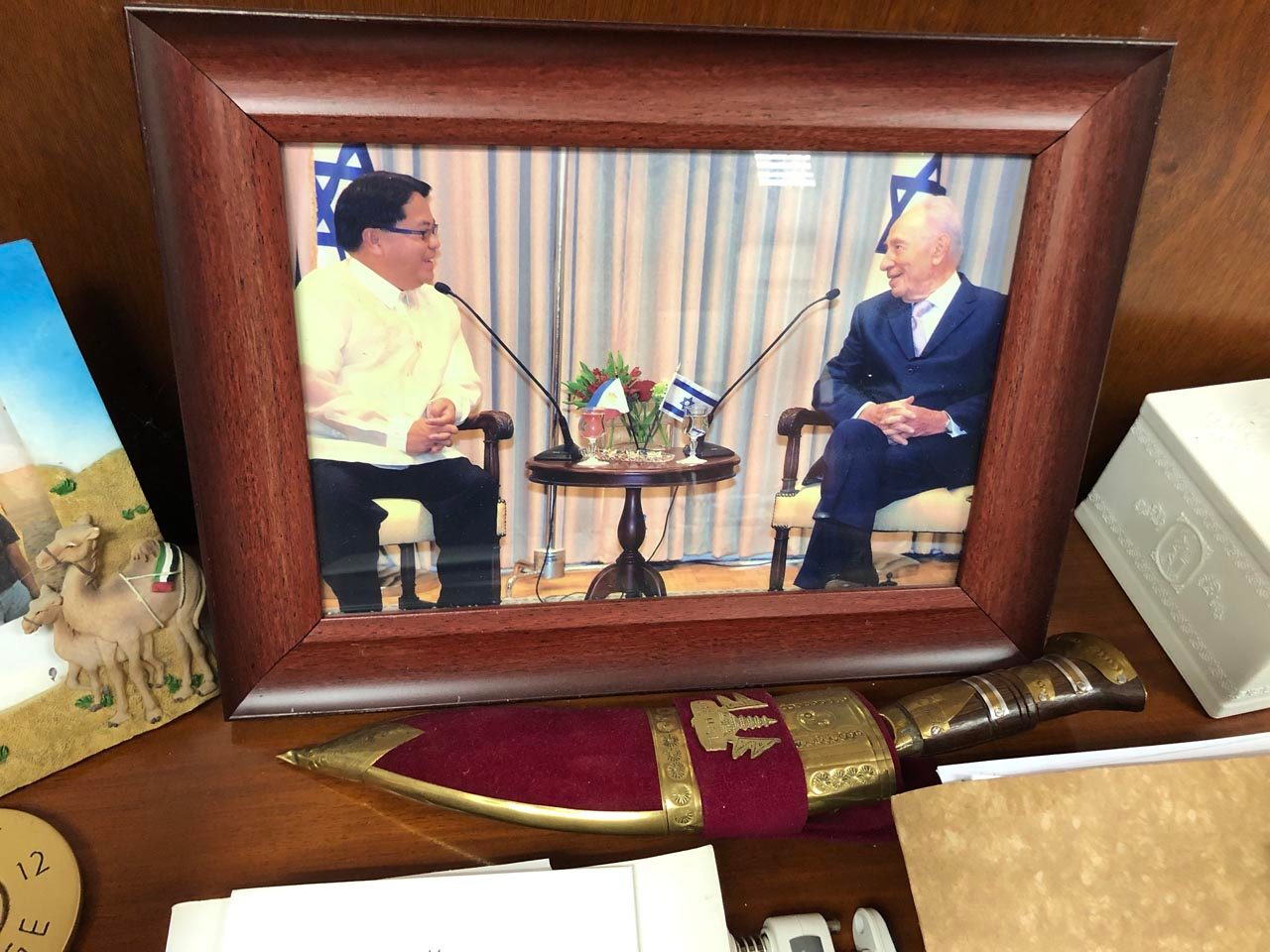
Completing missions
It’s the unique mix of military and diplomacy training that would carry Calonge through a storied career that has seen him come out of challenges other foreign service officers may never see. Take for instance, negotiating a hostage crisis.
It was sometime between 2004 and 2005 when Calonge – who was then holding his first major post as consul-general in Dubai – was sent to Afghanistan to ensure the release of a Philippine diplomat kidnapped along with at least 3 others.
Barely two weeks before the Philippine diplomat (whose name Calonge withheld) was supposed to depart, he was kidnapped by “rogue elements” at odds with the Afghan government. In response, Calonge and 3 others were sent to Afghanistan to negotiate a release.
As they landed on a tarmac in the capital city of Kabul, Calonge recalled seeing French troops of the North Atlantic Treaty Organization who looked “highly trained” and ready to transport him and his companions in armored vehicles to where they would stay.
As he told this story, Calonge said he wasn’t too nervous about the situation. Rather, he looks back to it as one of the “highlights of his career” since it was an experience where one worked for “a cause or for something or someone.”
Some 6 weeks later and with the help of the Philippine government, United Nations, and Britain’s Scotland Yard, Calonge and his companions completed their rescue mission just before Christmas in the first week of December.
“It’s a nice feeling to be operating with other agencies towards a common goal. It doesn’t make you feel isolated at all,” he recalled as he suggested his training as a soldier was probably what got him there in the first place.
“You feel that there is a synergy in all these institutions and government agencies,” he added.
Meanwhile, it’s the same “do what is needed” mindset that earned Calonge his law degree from the University of the Philippines in 1985, and later on Master of Laws from Harvard Law School in 1988.
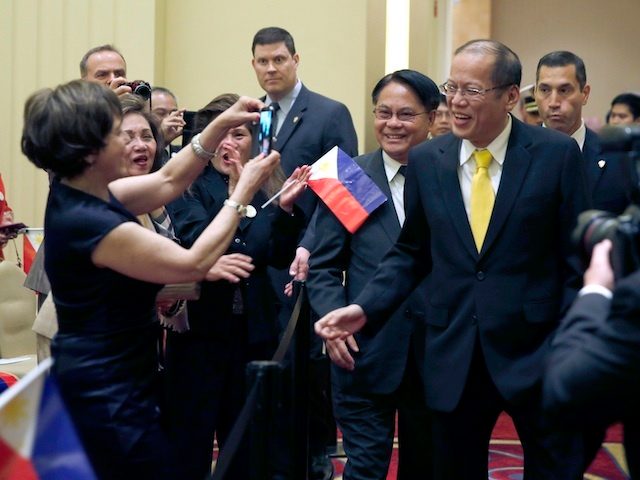
The same could be said for the various foreign posts he’s held through his career, which include being second secretary consul and later on consul general in Washington DC, head of post in Saipan of the Northern Mariana Islands, deputy chief of mission to Moscow, consul general to Dubai, ambassador to Israel, and consul general to Chicago.
In all the positions he’s held at the DFA, Calonge said what’s remained constant is the need to value Philippine national interests when both at home and abroad.
The quiet guard of Philippine waters
But this is perhaps most urgent in Calonge’s latest post where he leads the DFA’s Maritime and Ocean Affairs Office (MOAO). The diplomat inherits the MOAO at a time when public scrutiny that concerns Philippine waters and maritime zones is at its highest.
For one, much attention has been cast on the Duterte administration’s policy on the West Philippine Sea with the President himself criticized for downplaying the maritime dispute in exchange for loans and grants from Beijing. Meanwhile, all this has failed to prevent a growing list of Chinese ship incursions into Philippine waters.
Aside from this, Calonge steers the MOAO as one of the Philippine government’s officials in charge of coordinating and overseeing a memorandum of understanding (MOU) with China on joint oil and gas exploration in the West Philippine Sea.
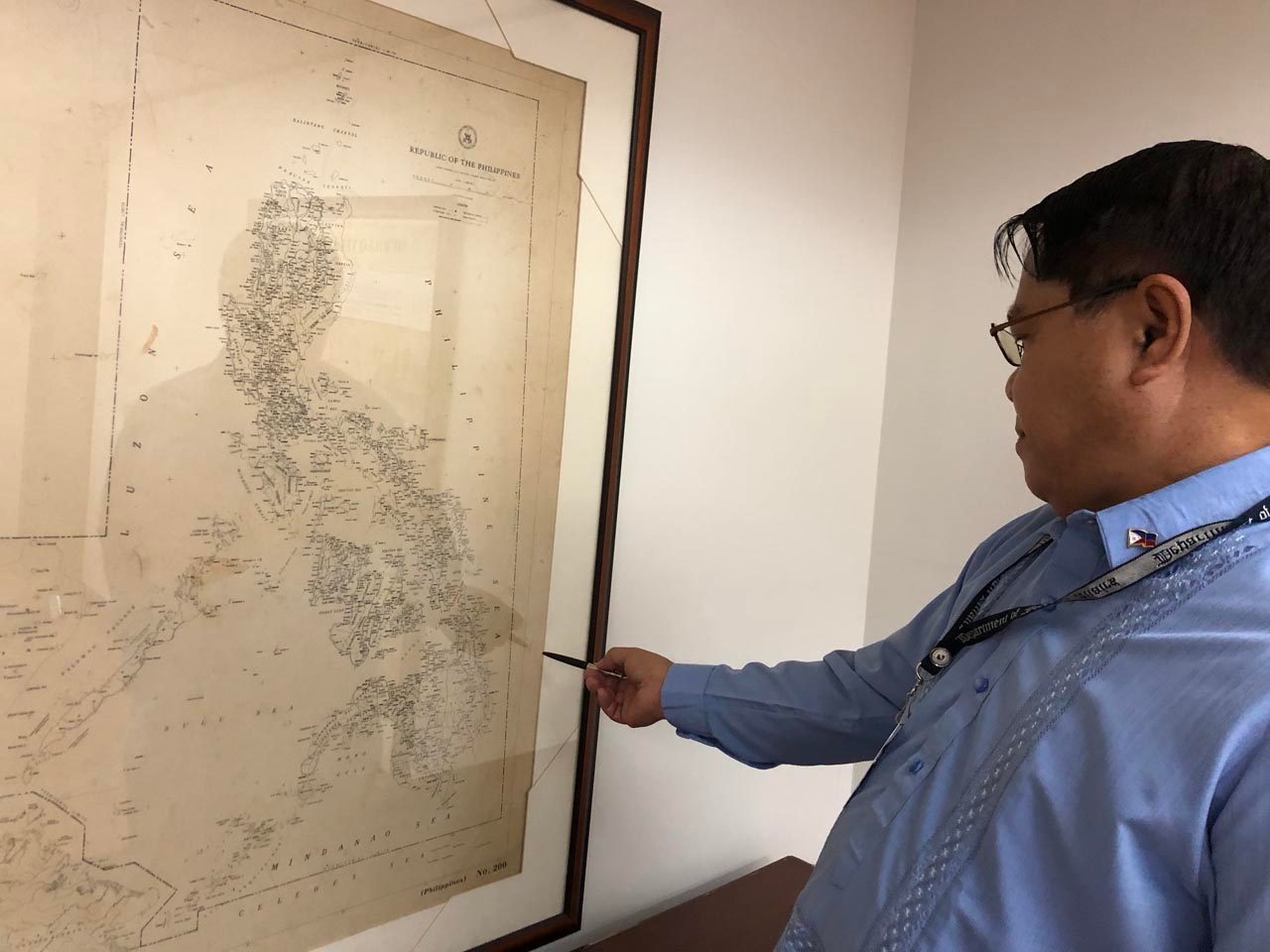
The challenge is difficult enough that Calonge spares only a few carefully chosen words when asked how he would deal with China’s aggressive position in the West Philippine Sea.
“They have a long term view and we have to adapt to that….But the important thing is to talk rather than keep to ourselves and do things the way we want them without consulting, or they themselves doing that,” Calonge said.
“Diplomacy is 90% or maybe 100% talking,” he added. “We have to avail ourselves of the established mechanisms [for discussion] and see if there will be opportunities that arise.”
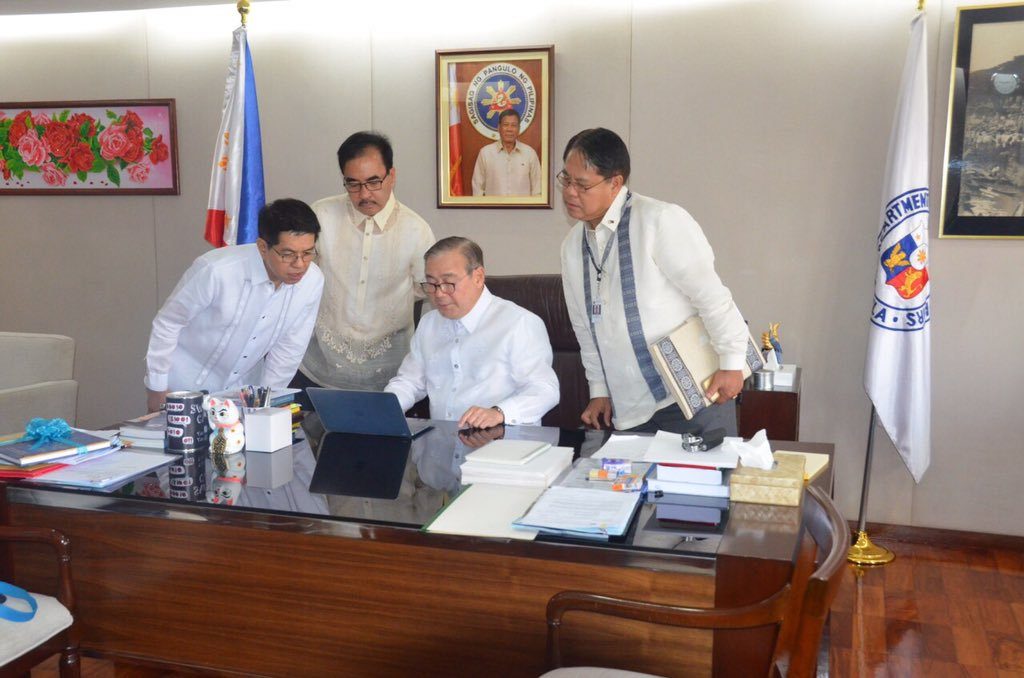
Apart from this, however, Calonge said one of his main priorities would be to lay the foundations of agreements that would secure all water borders of the Philippines.
Tracing lines around a map of the Philippine archipelago, Calonge said securing the country’s was needed not only where the West Philippine Sea stretches out to the South China Sea, but in all maritime zones that surround the country.
“You have sworn to defend the country and to see to it that its territorial integrity is preserved,” he said.
Beyond negotiations with other countries, he said doing so was needed not only to secure the Philippine territory but to ensure food security as well.
“If you look at the Philippine map, it’s a very fertile country. It probably has all the resources it needs but our people need guidance – especially those in the shore – to help in the preservation of the living resoources,” Calonge said.
“The only way to do that is to know where you are, what you have, and where you belong,” he added.
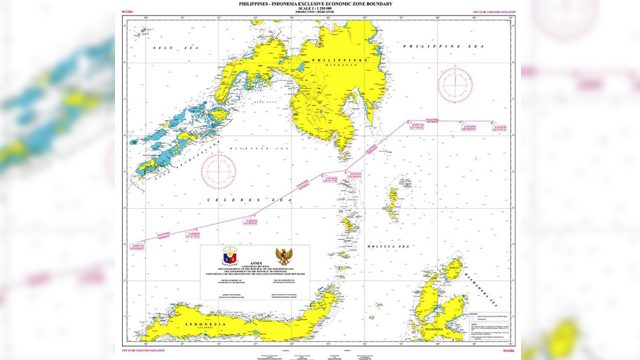
So far, the work has paid off. In the year and a half Calonge has lead the MOAO, talks with Indonesia saw the long-awaited establishment of a treaty enter into force. That treaty draws a boundary between both countries’ overlapping exclusive economic zones. Calonge hopes to achieve the same thing with Vietnam, Japan, and Palau.
“Once I complete that or lay the foundations for all the water boundaries then I would be happy in my job,” Calonge said.
The makings of a diplomat
Though his career in the foreign service has taken him through a vast array of posts both at home and abroad, Calonge said the fundamentals of what make a good diplomat remain the same.
That is, a diplomat should be one who “keeps the interests of the country at heart.” A diplomat, he said, should also know the Philippines, the Filipino people, and what they stand for.
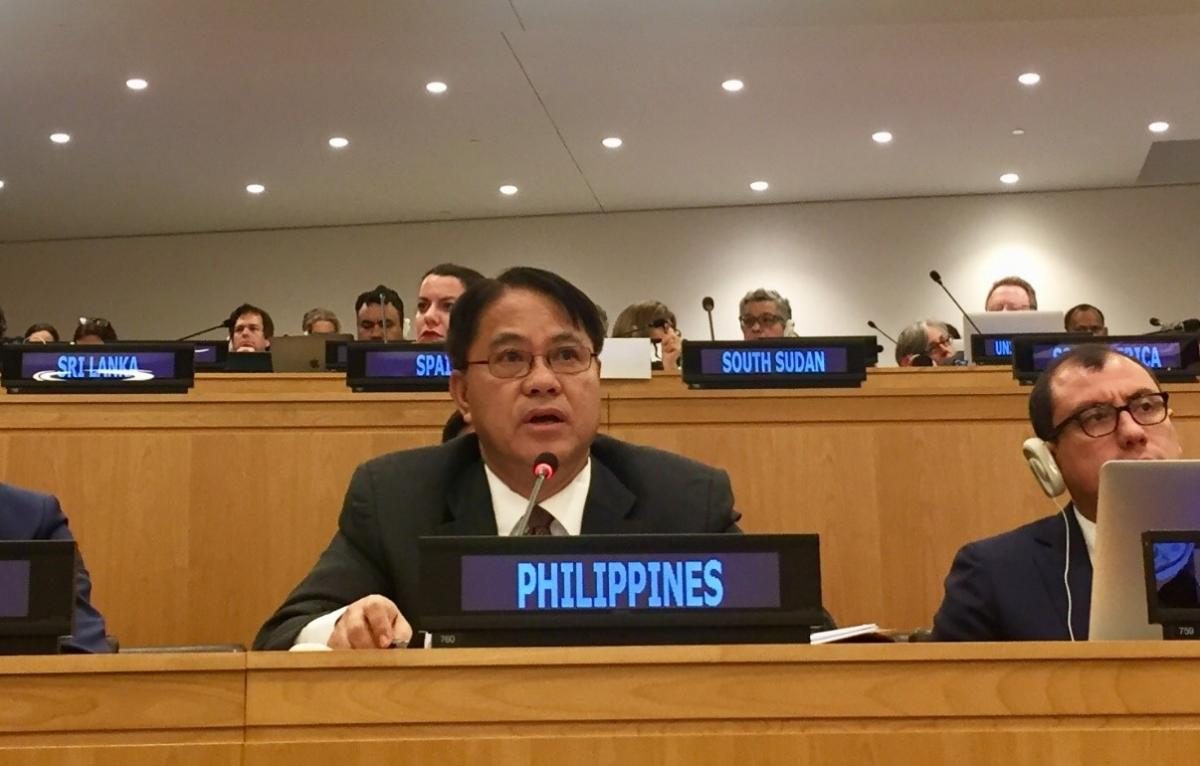
“Those things motivate me. I think there is enough greatness in the Philippines that the country will move forward,” Calonge said.
It’s a lesson that prompts Calonge to remember the “prophetic” message his commander once told the younger version of himself: “I am very, very sure that when you pass that test, you will leave the uniformed service and stay in the foreign service.”
By 2020, Calonge will retire from DFA, capping 36 years of foreign service. – Rappler.com
Add a comment
How does this make you feel?
There are no comments yet. Add your comment to start the conversation.